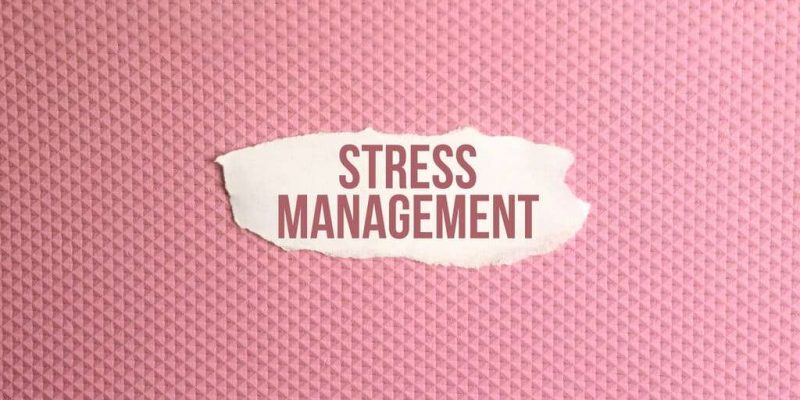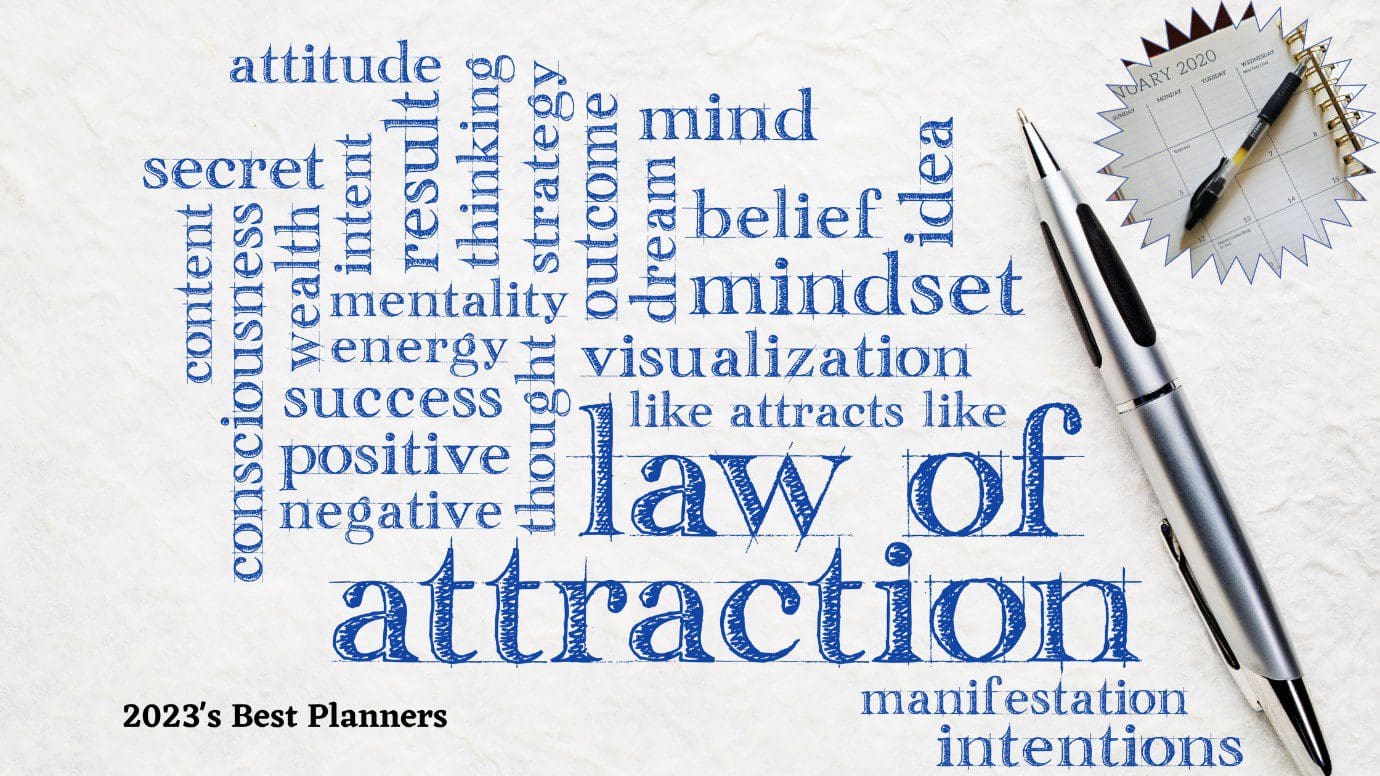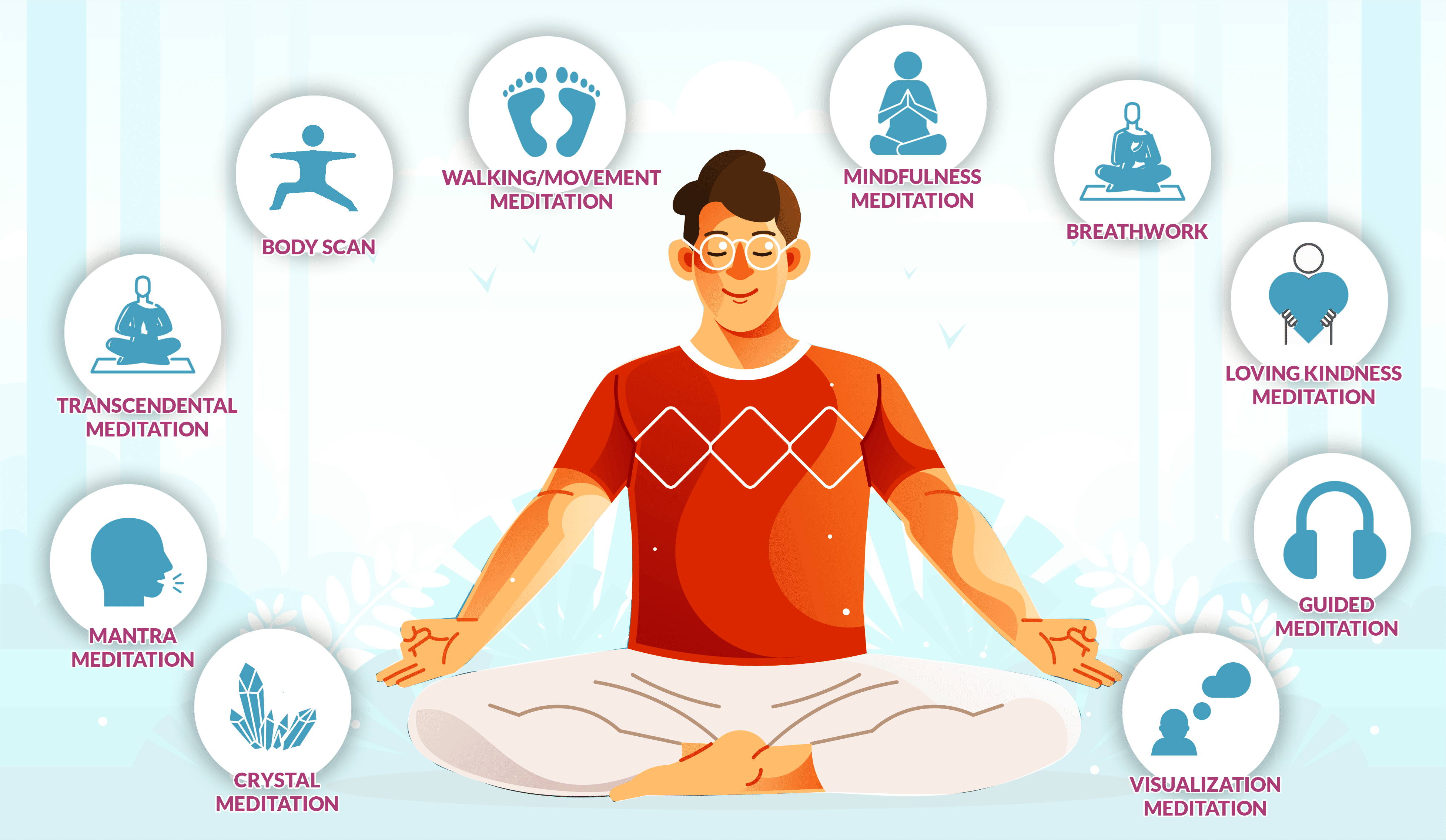
What Is Stress?
We all experience stress at some point in our lives. The human body’s natural response to any perceived threat, whether it is within you or outside of your immediate environment.
This blog post will explore some holistic stress management alternatives for managing this daily norm that we call ” Stress.”
Normal everyday stress is a normal biological process that keeps us going, and as such, it isn’t necessarily a bad thing. However, the ongoing effects of stress and excessive stress don’t allow your body’s physical response mechanism to recover after the “fight-or-flight”.
What Are The Symptoms Of Stress?

Every person experiences stress differently.
However, the stress reactions on the body function involve various physical , emotional, and behavioral symptoms.
Sometimes the stress effects can manifest itself in unusual physical symptoms, which is your body’s way of telling you that something is wrong and can also have after effects from those stressful experiences.
Research shows that the impact of stress can make you feel physically sick.
Studies show that some people in times of stress, especially young women, develop a stress-related psychogenic fever.
Their body temperature would go up to 41°C when they experience acute stress, while others develop persistent low-grade body temperature of 37-38°C when exposed to chronic stress.
A stressful event often involves various psychological and behavioral signs, impairing our ability to cope and interfering with daily life, like emotional health and cause harm to overall well-being.
Below we discuss some of the most common emotional and behavioral signs which could show when a person is stressed out.
In times of stressful life events or constant levels of stress over a prolonged period we may experience any of these signs or a combination.
We may feel as if we are not in control of life and may have a constant feeling of being overwhelmed with emotional stress.
In other words, excessive levels of stress can lead to burnout, which is a state of complete exhaustion and fatigue over a period of time.
Emotional burnout can cause you to feel drained most of the time and can last for a longer period of time, reducing your motivation and productivity, affecting your relationships, and impairing your overall health.
On top of the symptoms caused by long-term stress, burnout can trigger additional health problems.
Some of the symptoms of stress can bring on are anxiety, low self-esteem, depression, mood disorders, or eating disorders.
Too much stress levels can increase blood pressure, heart rate, headaches, and migraines, or lead to stress-related obesity.
Stress-provoked, emotional burnout may cause you to feel hopeless, helpless, and completely out of energy.
However, you can learn stress management strategies to help you cope with excessive or chronic stress and get a sense of control over your life again.
What Can You Do To Manage Stress?

Effective stress management skills can boost resilience, thus helping you manage pressures in your day-to-day life.
Resilience means being able to carry on under pressure and quickly bounce back from difficulties.
Some people are more resilient than others.
However, resilience is something you can practice, learn and develop as your long term management strategy.
Building a resilient mindset can help you better manage your personal and professional life and manifest the life you want to live to be more happy and successful.
Stress management techniques can help you attract more positive energy, be more productive, feel happier, and enjoy a balanced life.
It can prevent certain types of stress from compromising your health, relationships, and quality of life.
Consider the following 3 stress management strategies to help you alleviate some of that stress and raise resilience.
Mindfulness is the ability to focus and be fully present in the current moment.
It allows you to observe your thoughts and feelings without interpreting or self-judging them, it also helps with breathing techniques to manage a more relaxed state of mind.
Many studies have shown that mindfulness can be a great tool to relieve stress-related symptoms and promote relaxation.
Mindfulness can help you become aware of your self-critical thoughts that often provoke symptoms of psychological stress.
It can improve your mood, raise resilience and enhance your focus.

Research shows that regular mindfulness practice can reduce activity in part the amygdala, decreasing your stress response.
Healing crystals for stress and anxiety can enhance your meditation practice, helping unlock the door to inner peace and calmness.
Combining meditation with stress-relieving crystals can help you connect with their higher vibrational frequencies as you open up your chakras to healing and balancing.
Some people even use crystals in feng shui, for helping with the flow of chi (life force energy) within their personal environment.
Here are some of the best crystals that are used in meditation practices to metaphysically relieve stress:
Amethyst– Calming purple shades of amethyst are believed to have intense metaphysical healing and protective properties.
Known as “the all-purpose stone,” amethyst attracts positive vibrations, helps calm the mind, and silent your inner critic in everyday life.
With a clear mind, you will feel empowered to handle stressful situations.
Citrine- A crystal that metaphysically protects from negative energy, increases creativity, and activates intuition.
It encourages self-esteem, confidence, boosts enthusiasm and a positive attitude in everyday life experiences, also known to be used to attract wealth and abundance.
This crystal is believed to help relieve tension, restore inner peace, and help you relax.
Lepidolite- Beautiful lilac hues of Lepidolite help balance the third eye chakra, raising awareness of your stress triggers.
Meditation with Lepidolite can help to remind you to soothe yourself with more of a relaxation response when experiencing stress.
Hold Lepidolite in your hands when you start feeling overwhelmed by fear and worry, as you focus on your breathing for a few minutes.
As you sit still and breathe deeply, holding this powerful healing crystal you will start feeling your anxiety melt away.
Moonstone- Metaphysically moonstone is known for “new beginnings” that can foster inner strength, dispel feelings of stress, worry, and fear, and help stabilize emotions.
Rose Quartz- Rose Quartz’s calming pink hues encourage self-compassion, love, and creativity.
This beautiful crystal can be more soothing when you’re feeling anxious, stressed, or pressured and you forget about your own self-care.
It is believed to calm and heal metaphysically, any emotional symptoms of the heart through its high vibrations will attract love, self-love, and self-compassion.
Rose quartz can help promote calming vibrational energy throughout your mind and body, releasing negative effects.
Meditating with rose quartz can boost calming effects of the practice itself, enhance self-love and help increase self-confidence during stressful situations.
It can also open you up to abundance through your own creativity.
While mindfulness exercises are most commonly practiced through meditation, another mindful way to reduce stress is conscious breathing.
Deep breathing is one of the simplest but most effective strategies to reduce stress.
Mindful breathing techniques such as progressive relaxation, abdominal breathing, and guided visualization can help you relax and relieve tension.

When you breathe deeply, you send signals to your brain and body to relax and calm down, alleviate some of the negative impact that can linger on within the nervous system.
When you feel stressed out or anxious, breathing patterns change.
You begin to hyperventilate – your start inhaling deeper and take much faster breaths than usual.
Such a breathing pattern disrupts the balance of the gasses in your blood, making you feel week, nauseous, dizzy, and tired.
You may feel overwhelmed with a fear that you will faint or that something terrible will happen.
And all of this is usually caused by your breathing.
Learning how to manage your breathing can help relieve stress symptoms and you can feel more composed in stress-provoking situations.
Yoga has proven to be effective in promoting the synchronicity of mind and body. It can improve mental clarity, help build physical and psychological strength, boost awareness, and foster harmony.
We usually attract things by our emotional vibration.
Yoga can be a powerful tool to overcome everyday stress, raise resilience, and attract abundance into your life by shifting your energy to a higher vibrational level.
When combined with mindfulness meditation, yoga can help develop intuition and enhance creativity.
It can improve spiritual awareness, helping you open up for new possibilities, and attract abundance and prosperity.
Studies also show that certain types of music like solfeggio sound healing frequencies can reduce stress and promote relaxation.
Whether you are creating music, listening to music, or singing, music can shift your attention from distressing thoughts, boost your mood, and can help you to relax.
Also, music is a perfect frame to enhance relaxation techniques. Mindfulness meditation slowly soothing you back to normal levels of balance and synergy.
Music has the power to stimulate emotions and improve mood through specific brain connections.
It helps release oxytocin (bonding or cuddling hormone) and dopamine (hormone of happiness), promoting feelings of joy and alleviating stress.
Each of these strategies can help manage stress, as they help shift your attention from stress-provoking thoughts and boost resilience.
See which technique you prefer to use, in order to help with any potentially provoked stressful situations from time to time.
https://www.mayoclinic.org/healthy-lifestyle/stress-management/in-depth/stress-symptoms/art-20050987
https://www.mayoclinic.org/healthy-lifestyle/stress-management/basics/stress-relief/hlv-20049495
https://www.webmd.com/lung/lung-hyperventilation-what-to-do
https://www.psychologytoday.com/us/blog/when-call-therapist/201912/stress-and-burnout
https://www.health.harvard.edu/staying-healthy/music-and-health
Disclaimer: Our web pages and blog posts provide general information for general purposes only and not to be used for any medical, legal or alternative health advice for any type of physical, mental health or financial concerns.Always speak to your practitioner before embarking on any new alternative treatments. If you have concerns about any medical matters, you should always consult your healthcare provider without delay.We thank you for taking full responsibility for your own health and wellbeing in life. ☺










